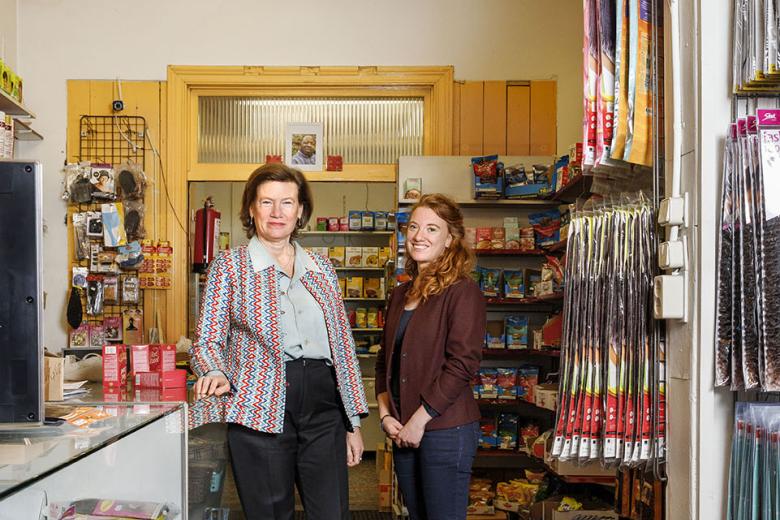Honorary doctorate for German president Joachim Gauck
On Tuesday 7 February 2017, exactly 25 years after the signing of the Maastricht Treaty, UM will celebrate its 41st Dies Natalis. During the anniversary celebrations the German president Joachim Gauck will be presented with an honorary doctorate. Here, two generations of Germans reflect on his life and work.
“His has been a worthwhile political career”
Thomas Unger, scientific director of the School for Cardiovascular Diseases (CARIM), was closely involved last year in the awarding of an honorary doctorate to his former colleague, the German pharmacologist Detlev Ganten. This year, he looked on from the sidelines. Does Gauck deserve this honour? “Absolutely. He’s a very popular president with few opponents. That in itself is an achievement.”
Gauck, born in 1940 in the northern city of Rostock, grew up under the dictatorship of the GDR. He experienced the terror of communism first-hand when his father vanished without a trace and spent several years imprisoned in a Siberian labour camp. The young Gauck was left with a deep-seated distrust of the system. After refusing to join the Communist Party, he saw his dream of being a journalist go up in smoke. Instead he opted for theology, eventually becoming a minister. He played an important role in the peaceful revolution of 1989, and was a member of the first freely elected GDR parliament in 1990. On 2 October of that year he was appointed director of the government agency responsible for unravelling and preserving the secret Stasi documents. The Stasi Records Agency would soon become known as simply the ‘Gauck office’.
“That was quite a career change”, Unger says. “Imagine a preacher from the East suddenly become a political player on the national scene. He spent ten years working on kilometres’ worth of Stasi archives, aware of how sensitive it would be for some people. And he didn’t act out of revenge or resentment, which is something that shouldn’t be taken for granted, considering his own experiences. Instead he opted for a nuanced and just approach. I think this is what led people in Germany to take a different view of their own past. Not everyone who collaborated with the Stasi was inherently bad or immoral – people were influenced and sometimes forced into impossible situations. He built up a lot of respect by always standing up for values like democracy, freedom and justice.”
Gauck as moral authority: it’s hardly an overstatement. But perhaps his greatest asset is his ability to bring people together. Is this a character trait that can be traced back to the Church? “Yes, he still has a very pastoral attitude”, Unger says. “He’s a good speaker, always knows how to strike the right tone and takes the audience with him in his story. As president, of course, his role is mainly ceremonial. But because he has this ability to connect with people, he’s able to make things happen, build bridges. That was very clear when he was elected president in 2012. He had the support of all the traditional parties, which is quite unique.”
The link between Gauck and UM, in Unger’s view, lies in Gauck’s unflinching support for Europe. “Gauck is a European at heart, something he often says himself. I agree with him that European cooperation above all provides opportunities, which we absolutely mustn’t pass up. So it’s appropriate that Gauck should receive an honorary doctorate here, in the city that gave the starting shot for the establishment of the European Union. Add to that the fact that many Germans study and work at UM. Honouring a representative of Germany pays tribute to this special relationship.”
Thomas Unger (1950) studied medicine in Germany and the UK. After obtaining his PhD at the University of Heidelberg, he worked as a postdoc in Montreal, Canada. In 1986 he was appointed professor of pharmacology in Heidelberg. He has served as director of the Institute for Pharmacology at the University of Kiel, director of the Institute for Pharmacology at the Humboldt University of Berlin, and founder and scientific director of the Centre for Cardiovascular Research at the Charité University Hospital in Berlin. He has been scientific director of the CARIM School for Cardiovascular Diseases since 2012.
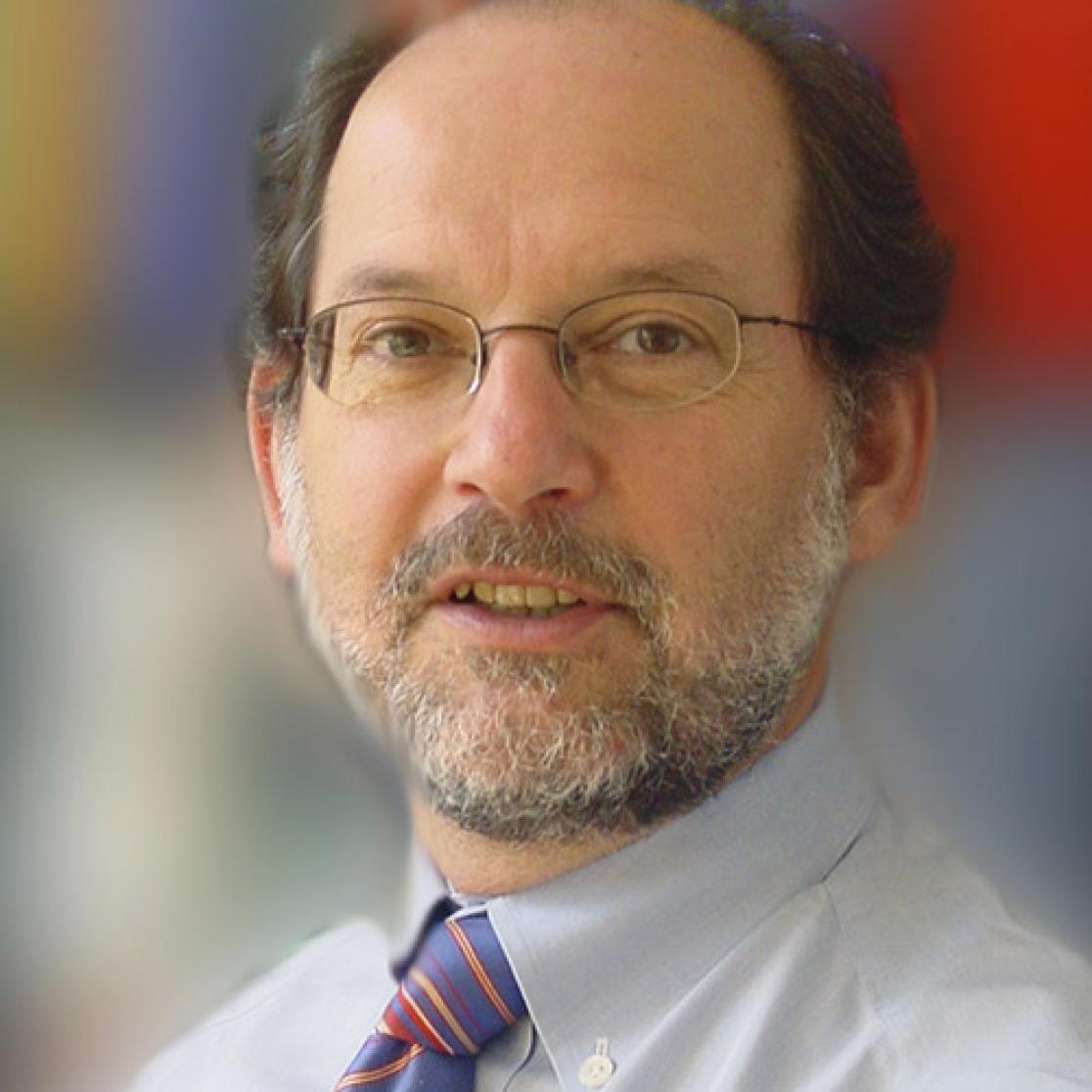
“The choice of Gauck is a statement”
Without the intervention of Friederike Borkamp (1991) and her fellow students in the University Council, an honorary doctorate for Joachim Gauck may never have come to pass. It was the council’s student delegation that put forward the idea in 2014. “The rector magnificus at the time, Professor Luc Soete, gave us the opportunity to nominate a candidate for an honorary doctorate”, Borkamp explains. Their choice went to Gauck for the special role he played during the reunification of Germany, first during the peaceful revolution in the GDR and later in bringing the Stasi archives to light.
“Citizens of the GDR were not only spied on”, Borkamp says. “They were often the victims of communist crimes. Illegitimate children were taken from their mothers and put up for adoption. Under Gauck’s leadership, parents were later able to find out where their children had gone. That’s just one example, but I see it as characteristic of his policies. As a champion of freedom and democracy he devoted himself to reckoning with the past in a careful and transparent fashion.”
And not only that. As an independent, he has managed to remain neutral in politics – something rarely seen in today’s highly polarised political landscape. Populist and nationalist parties are gaining ground all over Europe. As a fierce opponent of populism and a staunch advocate of Europe, Gauck serves as a counterweight. And herein, according to Borkamp, lies his kinship with UM. “This is the most international university in the Netherlands, offering programmes like European Studies and European Law School. Like Gauck, we believe in democratic principles and are convinced that Europe matters. Whether or not he has a personal connection with the university, it’s about the message. By giving Gauck an honorary doctorate, UM shows what it stands for.”
Friederike Borkamp (1991) went to high school in Bestwig, Germany, before following the European Law School and European Studies programmes at UM. In 2013/14 she represented NovUM on the University Council.
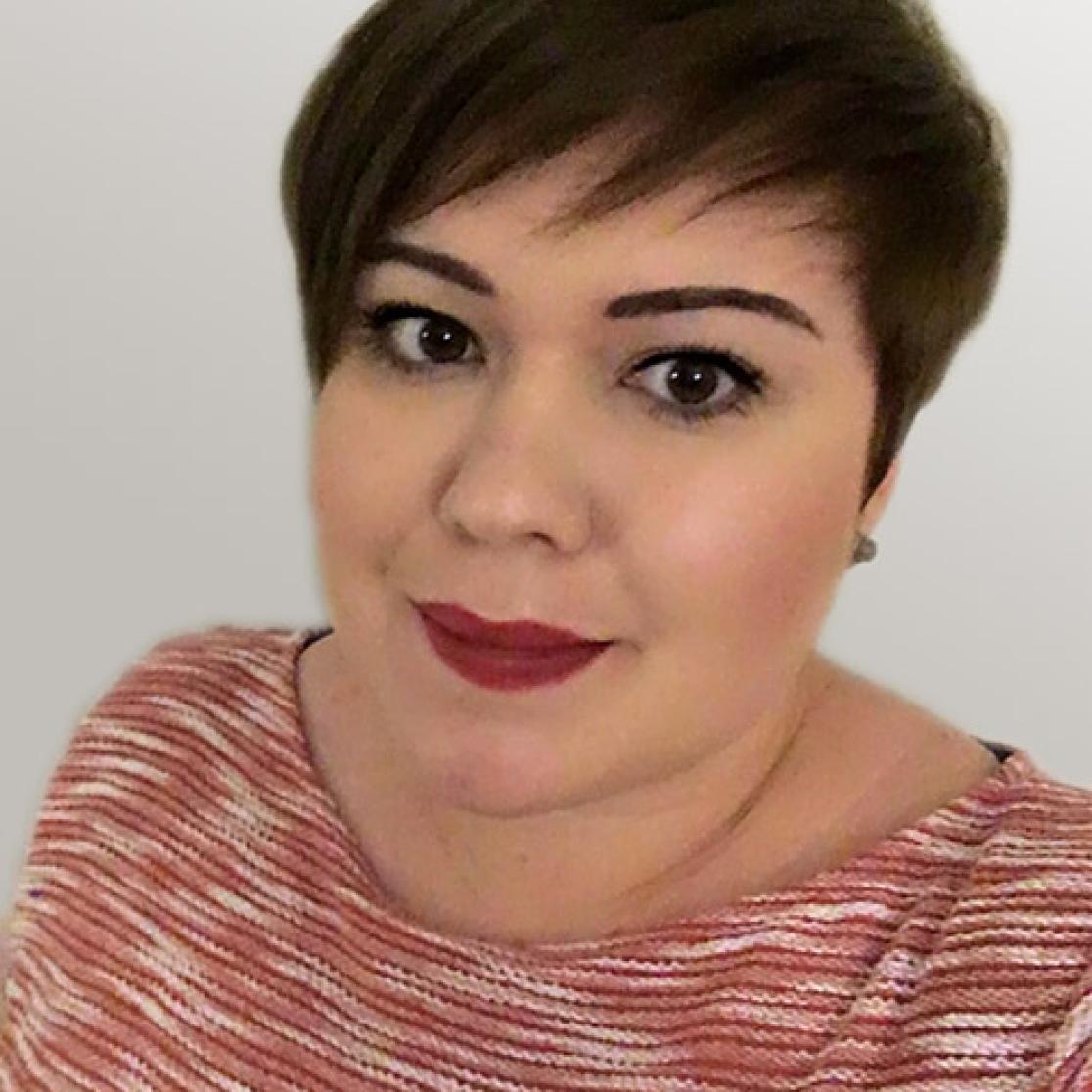
Also read
-
Maastricht University and YERUN - A recap and a glimpse into 2024
Maastricht University is an active member of the Young European Research Universities Network, championing values of innovation, openess and responsibility.
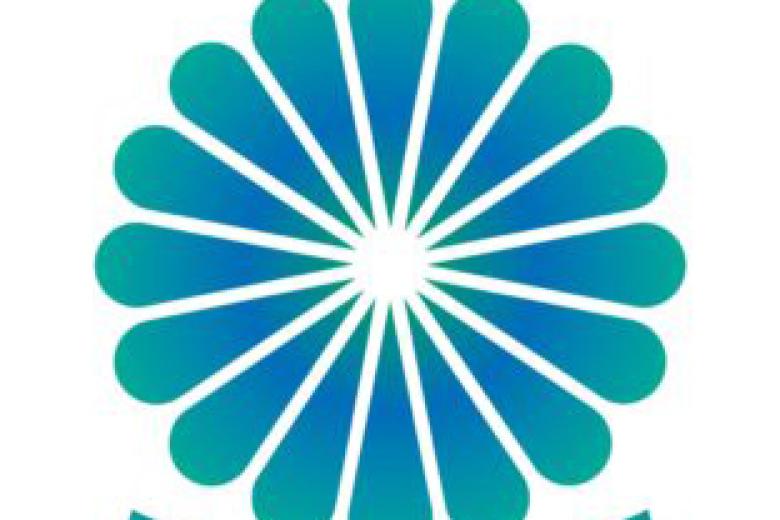
-
Empowering Smallholder Farmers in the Data Economy: Unlocking Opportunities and Overcoming Obstacles
Frederik Claasen, the head of policy at our partner organisation Solidaridad Network on the opportunities and obstacles facing smallholder farmers in their data ecosystems.
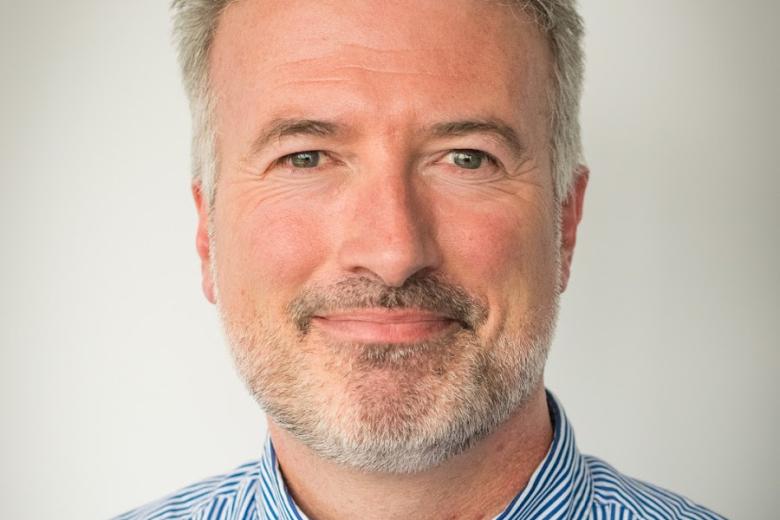
-
How do involuntarily returned migrants fare in Senegal?
The PhD research of Karlien Strijbosch focuses on Senegalese migrants who were forced to return home after a stay in Europe. Doing justice to such stories is no easy feat, especially when you come up against walls of silence, distrust and shame. Strijbosch and her supervisor Valentina Mazzucato...
